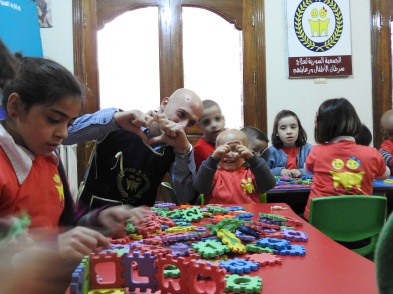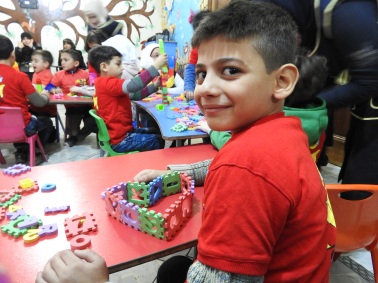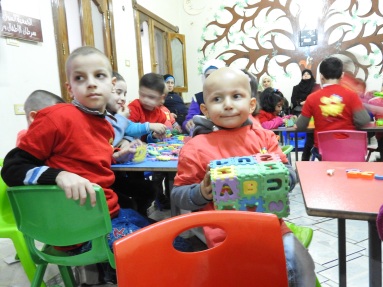In terms of how to provide actual relief to the Syrian people, Dr. Shaaban stated:
“The first thing the West should do in this battle against terrorism is to lift the sanctions from the Syrian people. The sanctions are helping terrorists against the Syrian people, who are suffering doubly from the terrorists and from Western measures against the Syrian people.”
Stephen Gowans recently wrote about the US government’s long-time plans to topple the Syrian government, sanctions being one part of the plot.
“Documents prepared by US Congress researchers as early as 2005 revealed that the US government was actively weighing regime change in Syria. …As an alternative to direct military intervention to topple the Syrian government, the United States chose to pressure Damascus through sanctions and support for the internal Syrian opposition.”The advocacy website, End The Sanctions on Syria, notes: “Similar sanctions on Iraq in the 1990s were shown to have caused the deaths of more than half a million Iraqi children.”
The site went on to report that (as of May 2014), “701 of 1,921 Syrian health centres have been ‘completely gutted’ by the terrorist attacks. Yet rehabilitation of these centres is retarded by the US-EU sanctions, which have already left ‘a deep mark on the healthcare system’… including by blocking access to medicines, medical equipment, transport and communications.”
A May 27, 2015 article in The Lancet reports: “The cost of basic food items has risen six-fold since 2010, although it varies regionally. With the exception of drugs for cancer and diabetes, Syria was 95 percent self-sufficient in terms of drug production before the war. This has virtually collapsed as have many hospitals and primary health-care centres.
Economic sanctions have not removed the President: …only civilians are in the line of fire, attested to by the dire state of household and macro-economies. Sanctions are among the biggest causes of suffering for the people of Syria.”
Regarding the actual nature of the buildings bombed, Syrian media, SANA, describes the Pharmaceutical and Chemical Industries Research Institute as “centered on preparing the chemical compositions for cancer drugs.” The destruction of this institute is particularly bitter, as, under the criminal western sanctions, cancer medicines sales to Syria are prohibited.Interviews with one of its employees, Said Said, corroborate SANA’s description of the facility making cancer treatment and other medicinal components. One article includesSaid’s logical point: “If there were chemical weapons, we would not be able to stand here. I’ve been here since 5:30 am in full health – I’m not coughing.”Of the facility, the same SANA article noted that its labs had been visited by the OPCW, which issued two reports negating claims of any chemical weapons activities. This is a point Syria’s Ambassador al-Ja’afari raised in the April 14 UN Security Council meeting, noting that the OPCW “handed to Syria an official document which confirmed that the Barzeh centre was not used for any type of chemical activity” that would be in contravention to Syria’s obligations regarding the OPCW.
River to Sea
 Uprooted Palestinian
Uprooted Palestinian 

















No comments:
Post a Comment